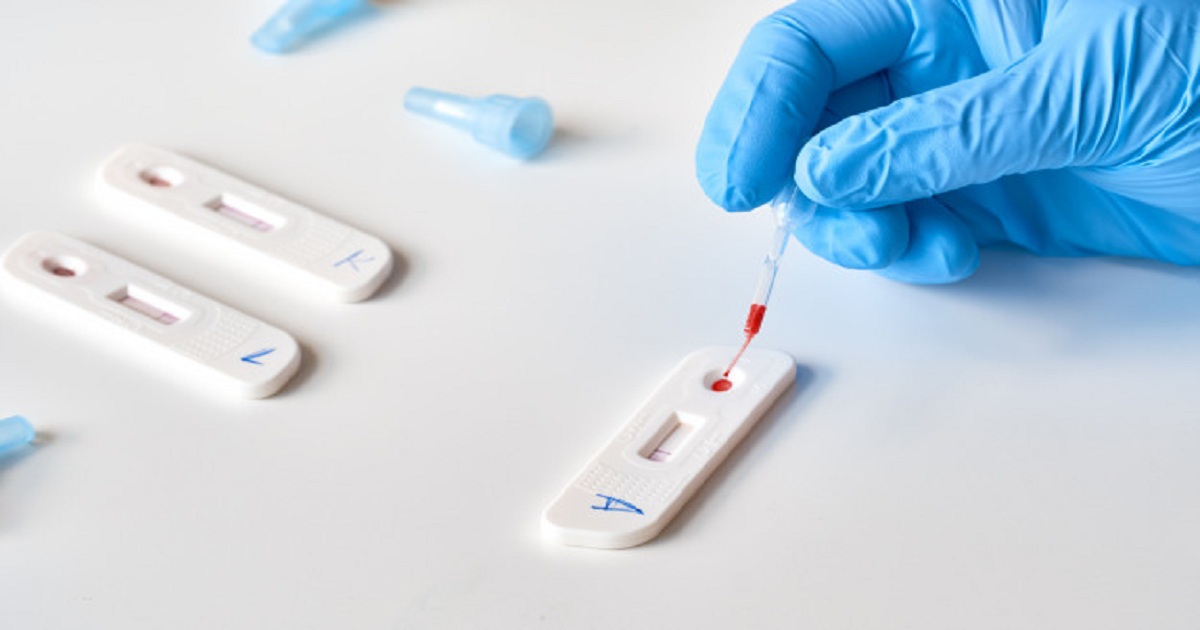Lilly Begins World's First Study of a Potential COVID-19 Antibody Treatment in Humans

Eli Lilly and Company (NYSE: LLY) today announced patients have been dosed in the world's first study of a potential antibody treatment designed to fight COVID-19. This investigational medicine, referred to as LY-CoV555, is the first to emerge from the collaboration between Lilly and AbCellera to create antibody therapies for the prevention and treatment of COVID-19. Lilly scientists rapidly developed the antibody in just three months after AbCellera and the Vaccine Research Center at the National Institute of Allergy and Infectious Diseases (NIAID) identified it from a blood sample taken from one of the first U.S. patients who recovered from COVID-19. LY-CoV555 is the first potential new medicine specifically designed to attack SARS-CoV-2, the virus that causes COVID-19. The first patients in the study were dosed at major medical centers in the U.S., including NYU Grossman School of Medicine and Cedars-Sinai in Los Angeles. "We are committed to working with our industry partners to generate scientific evidence to meet the urgent need for treatments that reduce the severity of COVID-19 disease," said Mark J. Mulligan, MD, director of the Division of Infectious Diseases and Immunology and director of the Vaccine Center at NYU Langone Health. "Antibody treatments like the one being studied here hold promise to be effective medical countermeasures against this deadly infection," said Dr. Mulligan, also the Thomas S. Murphy, Sr. Professor in the Department of Medicine at NYU Langone.